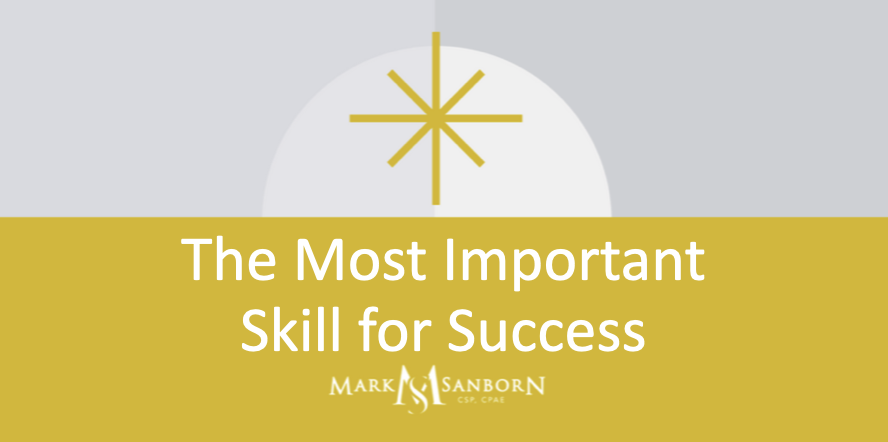Sometimes, it’s not enough to simply outsource your payroll or find software that will help you manage HR tasks.
That’s where PEO (professional employer organization) service providers come in.
These companies handle a lot of routine company tasks, taking them off you and your team’s plate. PEO providers take care of things like running payroll, managing benefits, filling paperwork, and other HR or HR-adjacent elements.
Any business that needs some help in these departments and finds a good PEO service provider will reap the benefits of lots of saved time and money.
Whether you’re interested in hiring a PEO service for the first time or looking to switch providers, we’ve reviewed the top PEO options out there. We also have some tools below to help you to help you find the best option in your location.
Compare the Best PEO Companies
There are 957 PEO companies in the USA! Find out which one is the best match for your specific needs. Enter your zip code below to begin.
9 Best PEO Service Providers
There are countless PEO services available on the market today. Some PEO services are industry-specific, while others are intended for businesses of a certain size.
Finding the best PEO provider for your business can be challenging if you don’t have any guidance.
I want to help. That’s why I’ve broken down the nine best PEO service providers. Read about them below. I’ll cover the features, benefits, costs, as well as any drawbacks.
- CoAdvantage
- Amplify PEO
- ADP TotalSource
- Insperity
- Paychex
- Justworks
- Oasis Outsourcing
- VensureHR
- TriNet
- Infiniti HR
Compare the Best PEO Companies
There are 957 PEO companies in the USA! Find out which one is the best match for your specific needs. Enter…


